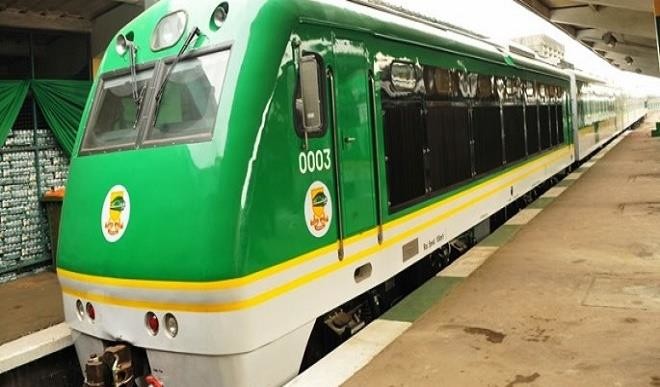The Kenyan government has revealed plans to create 50 special zones, technically known as feedlots, for production of livestock for the export market. The new initiative will be done in collaboration with strategic partners and will focus on mitigating against climate change and saving farmers from the losses they incur during drought.
“This approach is expected to mitigate against climate change; and to ensure production of quality livestock for local consumption and export,” said President Kenyatta.
The Head of State added: “To raise the quality of livestock and meat for local and export markets, my Administration will establish 50 feedlots through strategic partnerships and private investors.” The feedlots will be established in various parts of the country and will be spread to cover regions with heavy livestock populations as well as those that are affected the most during drought.
President Kenyatta spoke at the Jamhuri Showground in Nairobi when he presided over the official opening of the 2018 Livestock Breeders Show and Sale. The President said the feedlot initiative is a branch of the broad livestock value chain improvement programme which is being implemented by the government and partners. Among other key components, the livestock value chain improvement programme includes provision of comprehensive insurance cover for livestock and the provision of top quality and adequate semen through liquid nitrogen plants established in various parts of the country including Meru, Sotik, Kirinyaga and Eldoret.
“My Administration has an insurance programme for cushioning farmers against livestock losses caused by drought. This year we expect to cover 110,000 livestock, thus protecting 22,000 households,” said the Head of State.
“If it is true that the objective of the Livestock Breeders Show and Sale is to showcase superior livestock and livestock products, and the most effective farming methods, then I must say that this objective has been met,” said President Kenyatta. Other speakers at the Show included Nairobi Governor Mike Mbuvi Sonko and Agriculture Cabinet Secretary Mwangi Kiunjuri.


